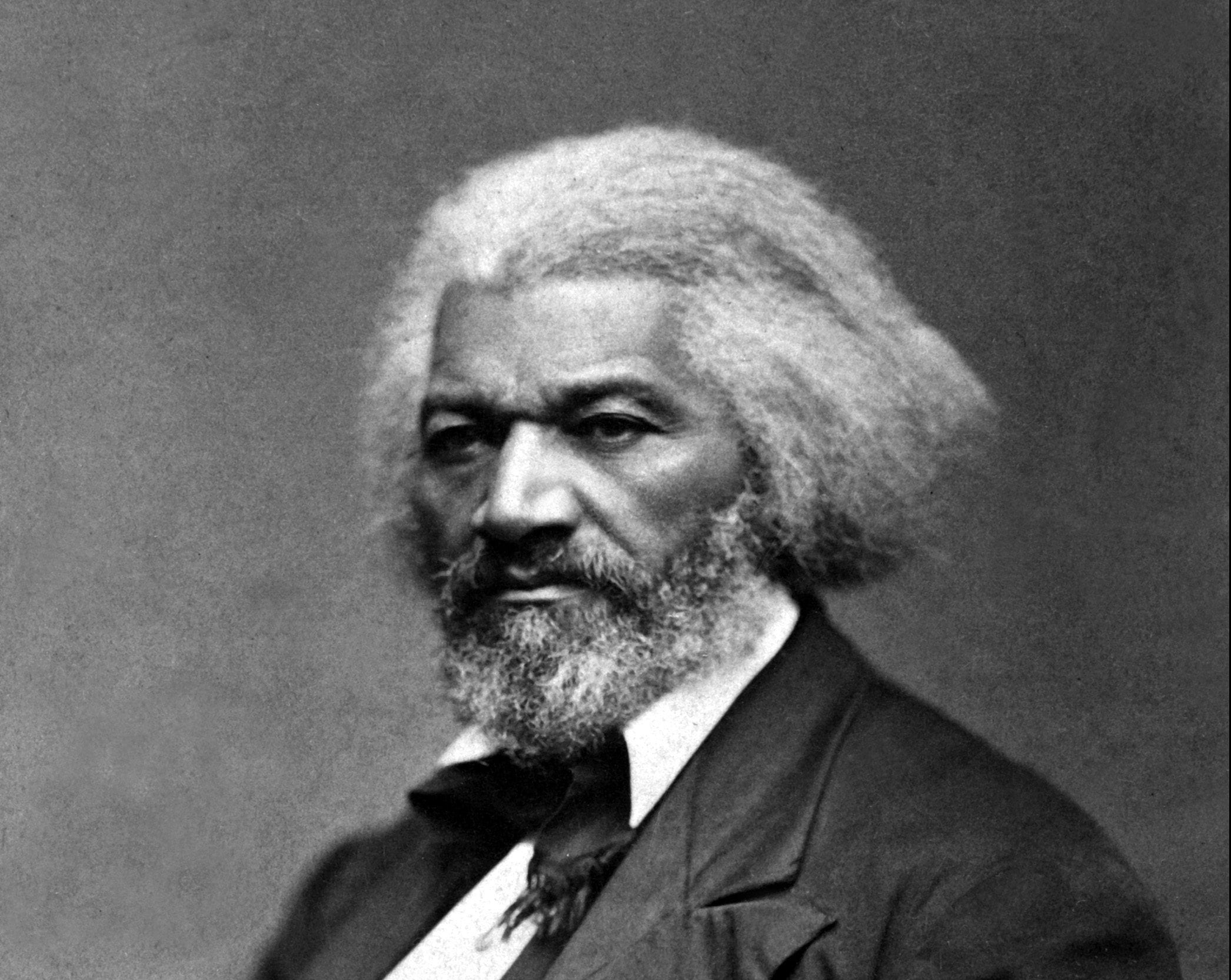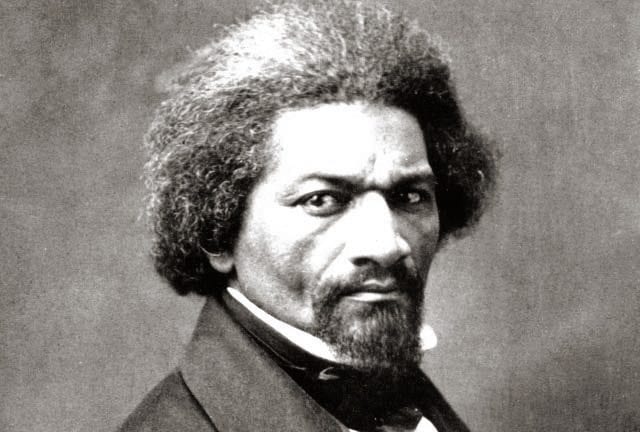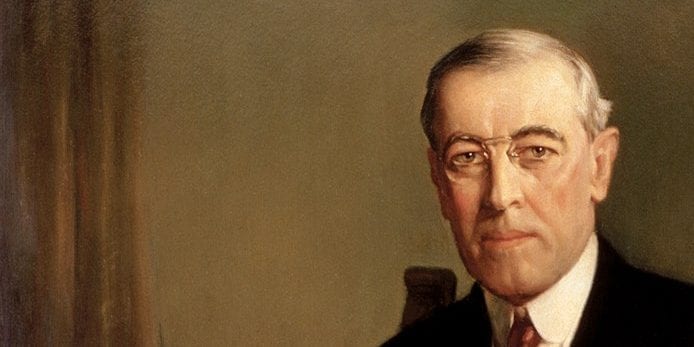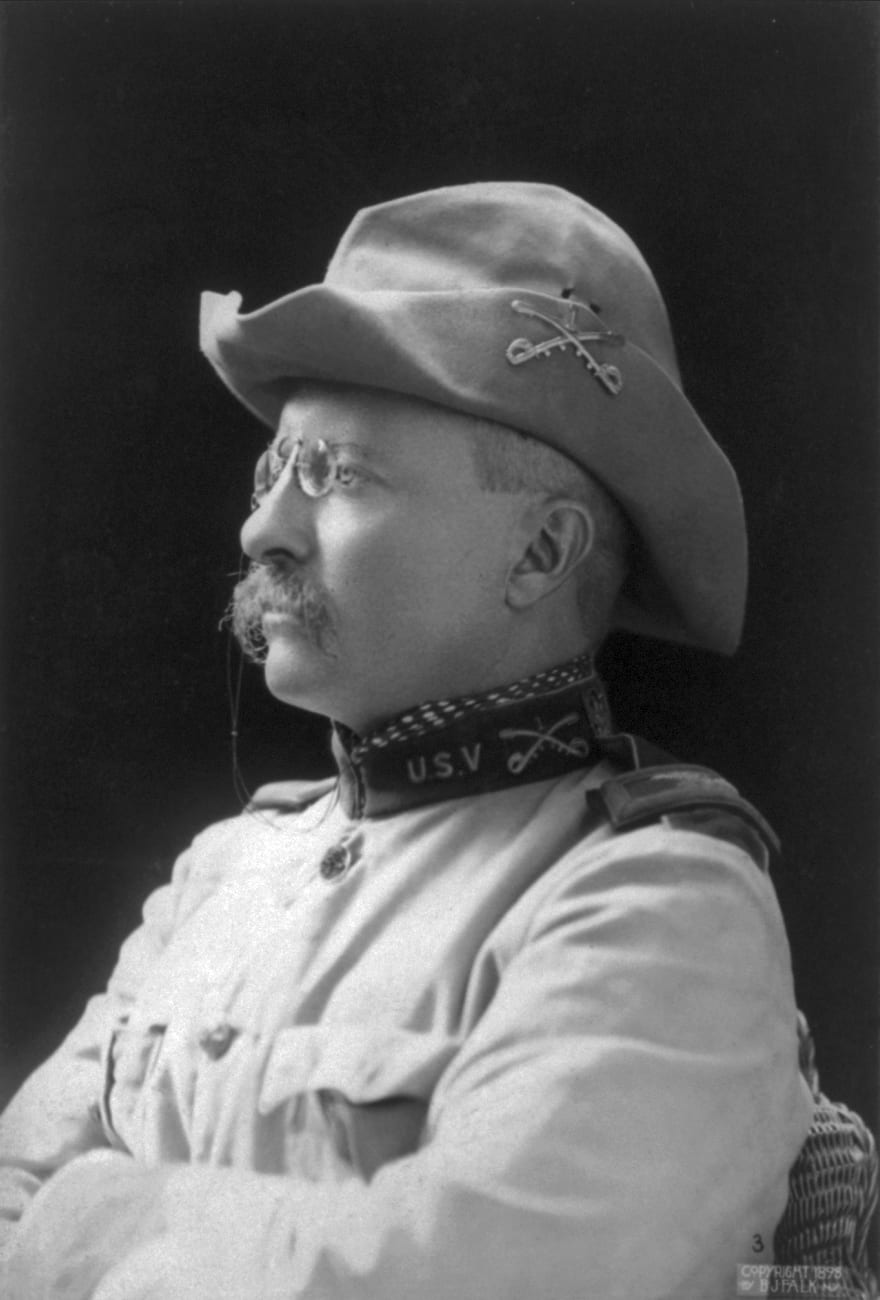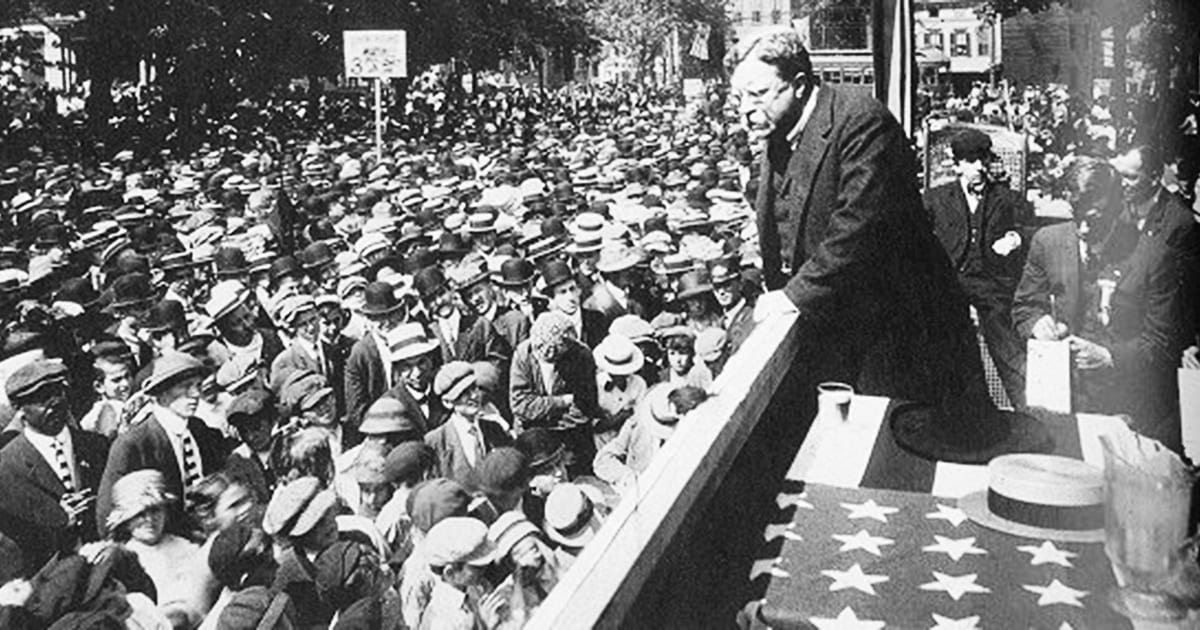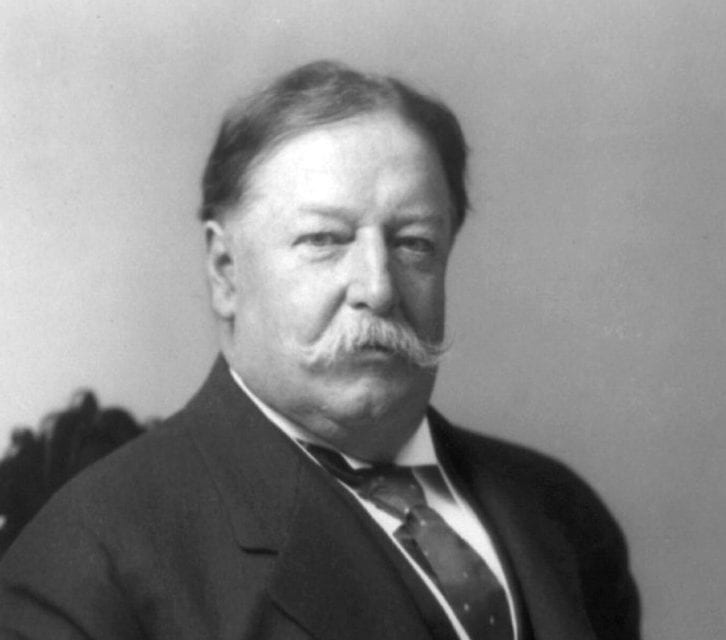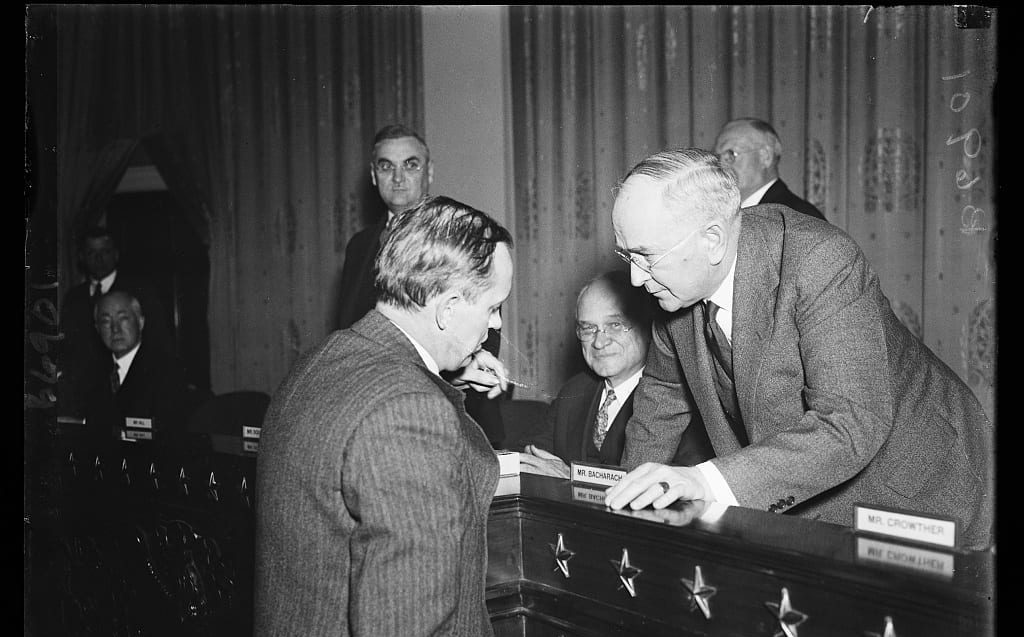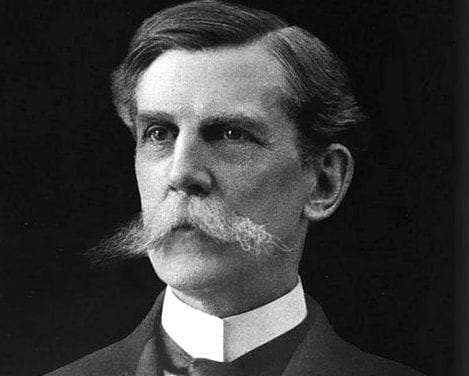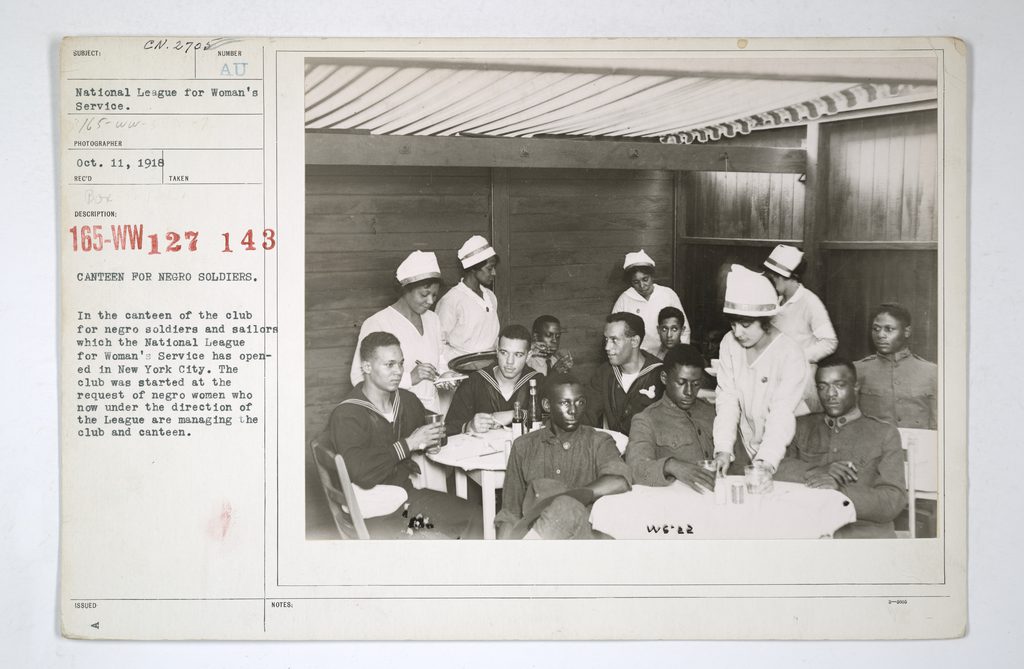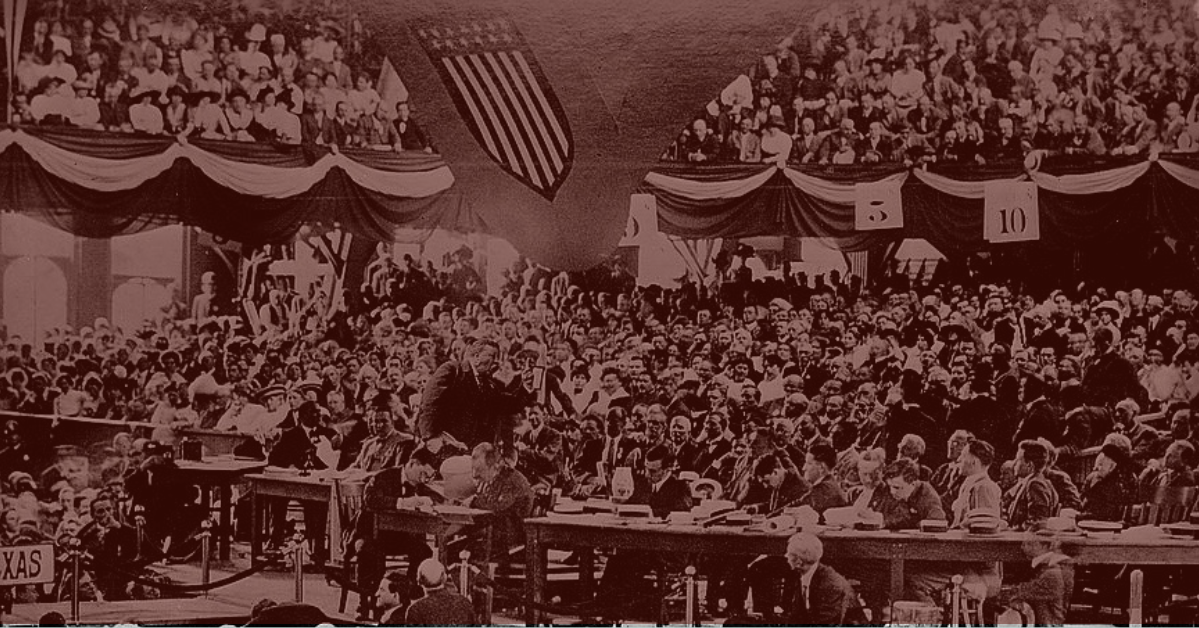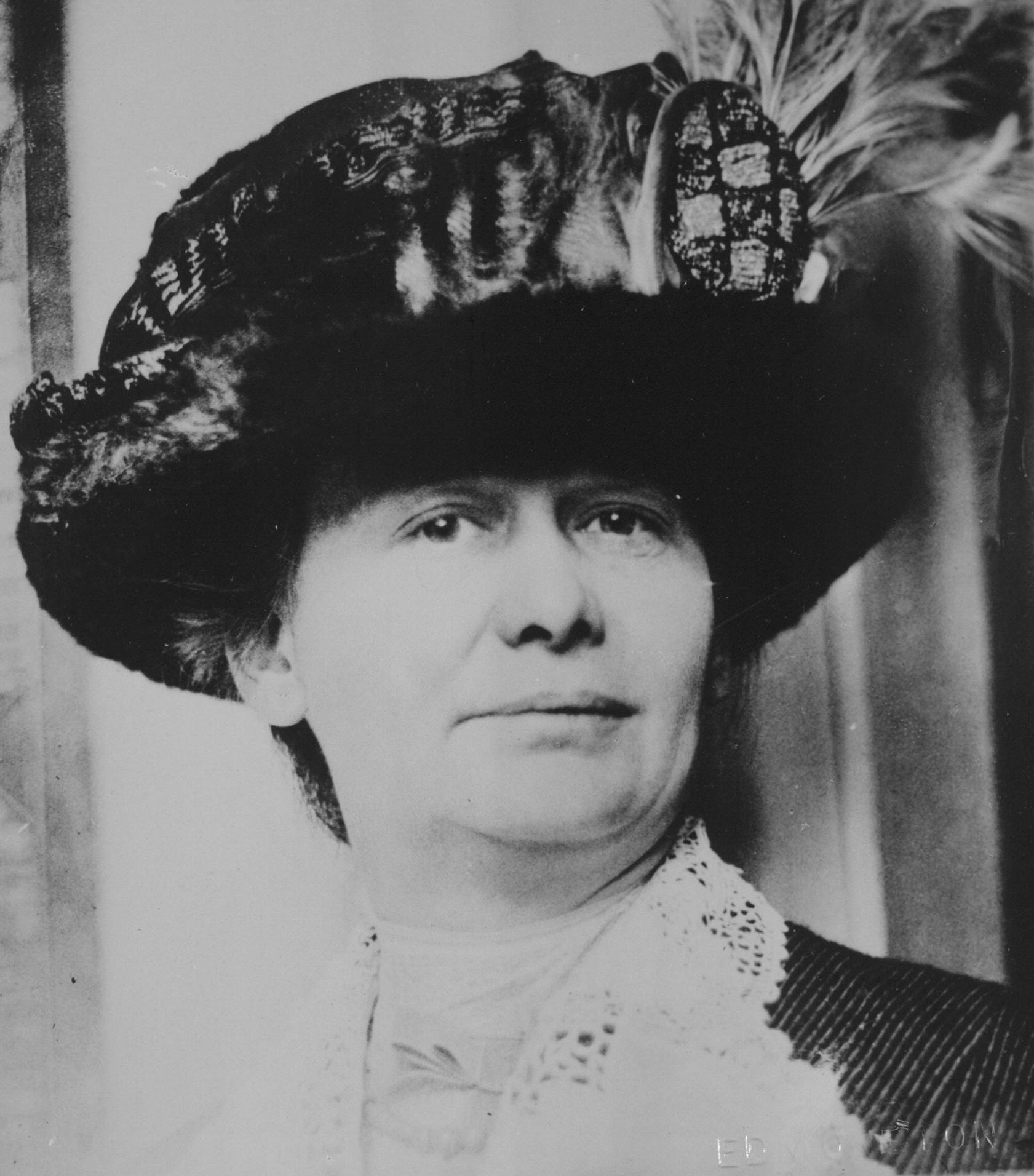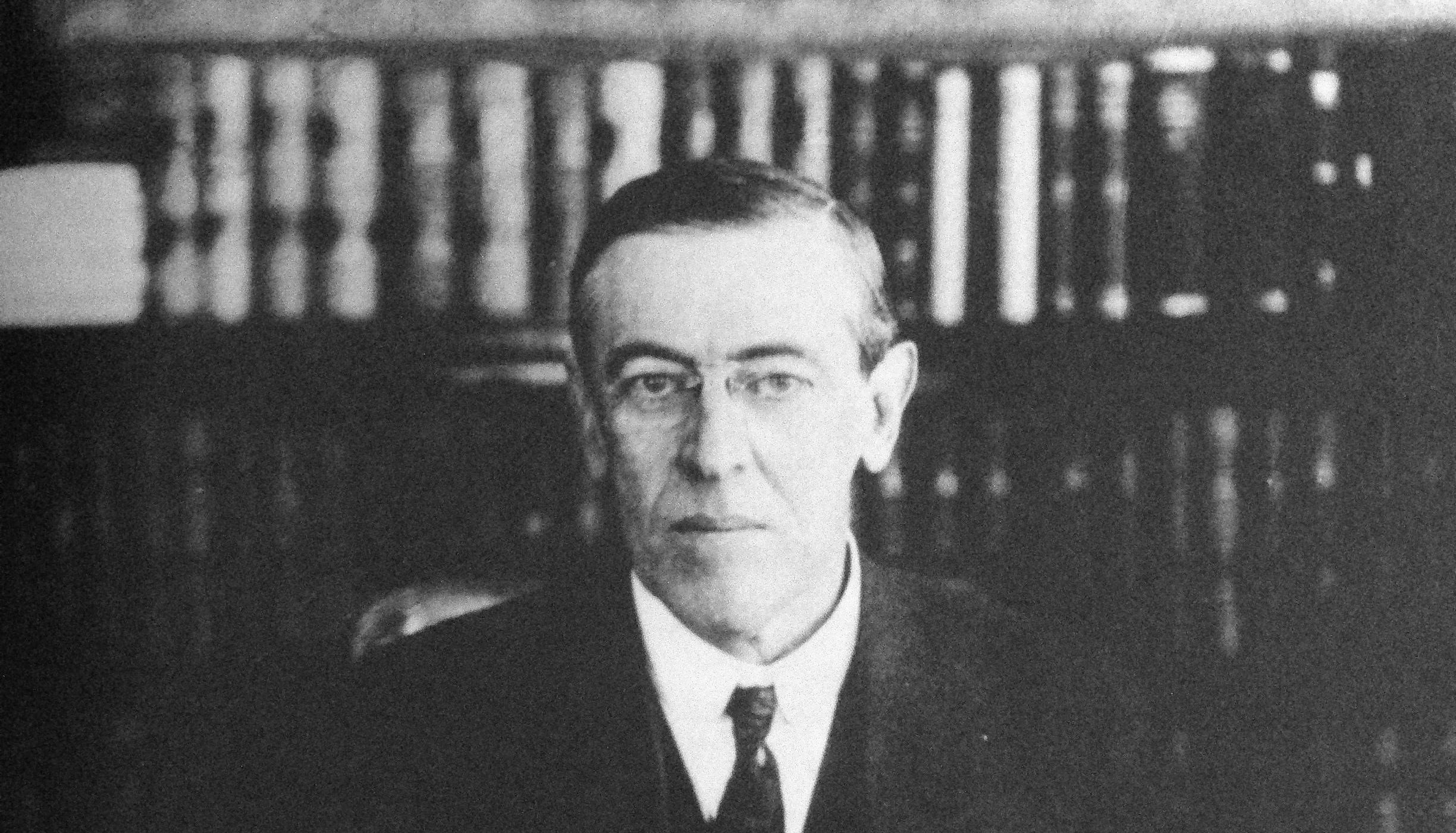
Introduction
Theodore Roosevelt became president when President William McKinley died on September 14, 1901, eight days after being shot by an assassin. Roosevelt had spent time living and working in the West and had a keen interest in conservation. He was not the first to have this interest. As it became clear that the West was filling up, its water was scarce, and its other resources were not unlimited, some Americans turned their attention to the issues of land use and the conservation of resources. Congress created the Division of Forestry in the Agriculture Department in 1886. In 1891 Congress changed land law so that the president could set aside publicly owned land as forest reserves. Roosevelt did, however, use the power of the presidency to push the cause of conservation further than any president before him.
As Roosevelt’s Seventh Annual Message makes clear, the concern with conservation was national, not focused solely on the West. The conservation movement had its biggest impact in the West, however, because of the federal government’s ownership of so much land there and its authority over territories before they became states. In 1886, North Dakota, South Dakota, Montana, Washington, Idaho, Wyoming, Utah, Oklahoma, New Mexico, Arizona, and Alaska were still territories. New Mexico and Arizona did not become states until 1912, Alaska until 1959 (along with Hawaii).
The closing of the frontier meant, for Roosevelt and those who thought like him, that the role of the federal government had changed from making western land and resources accessible to all Americans to managing land and resources, especially water, as stewards on behalf of all Americans. Homesteading was still possible, but it would be both more limited and more closely managed than in the past; it declined as the twentieth century progressed and came to an end officially in 1934.
Source: Theodore Roosevelt, Seventh Annual Message, online, by Gerhard Peters and John T. Woolley, The American Presidency Project https://www.presidency.ucsb.edu/node/206218.
The conservation of our natural resources and their proper use constitute the fundamental problem which underlies almost every other problem of our national life. We must maintain for our civilization the adequate material basis without which that civilization cannot exist. We must show foresight, we must look ahead. As a nation we not only enjoy a wonderful measure of present prosperity but if this prosperity is used aright it is an earnest of future success such as no other nation will have. The reward of foresight for this nation is great and easily foretold. But there must be the look ahead, there must be a realization of the fact that to waste, to destroy, our natural resources, to skin and exhaust the land instead of using it so as to increase its usefulness, will result in undermining in the days of our children the very prosperity which we ought by right to hand down to them amplified and developed. For the last few years, through several agencies, the government has been endeavoring to get our people to look ahead and to substitute a planned and orderly development of our resources in place of a haphazard striving for immediate profit. Our great river systems should be developed as national water highways, the Mississippi, with its tributaries, standing first in importance, and the Columbia second, although there are many others of importance on the Pacific, the Atlantic, and the Gulf slopes. The national government should undertake this work, and I hope a beginning will be made in the present Congress; and the greatest of all our rivers, the Mississippi, should receive especial attention. From the Great Lakes to the mouth of the Mississippi there should be a deep waterway, with deep waterways leading from it to the East and the West. . . . The government dams should be used to produce hundreds of thousands of horsepower as an incident to improving navigation; for the annual value of the unused water power of the United States perhaps exceeds the annual value of the products of all our mines. As an incident to creating the deep waterways down the Mississippi, the government should build along its whole lower length levees which taken together with the control of the headwaters, will at once and forever put a complete stop to all threat of floods in the immensely fertile Delta region. The territory lying adjacent to the Mississippi along its lower course will thereby become one of the most prosperous and populous, as it already is one of the most fertile, farming regions in all the world. I have appointed an Inland Waterways Commission to study and outline a comprehensive scheme of development along all the lines indicated. Later I shall lay its report before the Congress.
Irrigation should be far more extensively developed than at present, not only in the states of the Great Plains and the Rocky Mountains, but in many others, as, for instance, in large portions of the South Atlantic and Gulf states, where it should go hand in hand with the reclamation of swamp land. The federal government should seriously devote itself to this task, realizing that utilization of waterways and water power, forestry, irrigation, and the reclamation of lands threatened with overflow, are all interdependent parts of the same problem. The work of the Reclamation Service[1] in developing the larger opportunities of the western half of our country for irrigation is more important than almost any other movement. The constant purpose of the government in connection with the Reclamation Service has been to use the water resources of the public lands for the ultimate greatest good of the greatest number; in other words, to put upon the land permanent home-makers,[2] to use and develop it for themselves and for their children and children’s children. There has been, of course, opposition to this work; opposition from some interested men who desire to exhaust the land for their own immediate profit without regard to the welfare of the next generation, and opposition from honest and well-meaning men who did not fully understand the subject or who did not look far enough ahead. This opposition is, I think, dying away, and our people are understanding that it would be utterly wrong to allow a few individuals to exhaust for their own temporary personal profit the resources which ought to be developed through use so as to be conserved for the permanent common advantage of the people as a whole.
The effort of the government to deal with the public land has been based upon the same principle as that of the Reclamation Service. The land law system which was designed to meet the needs of the fertile and well-watered regions of the Middle West has largely broken down when applied to the dryer regions of the Great Plains, the mountains, and much of the Pacific slope, where a farm of 160 acres is inadequate for self-support.[3] In these regions the system lent itself to fraud, and much land passed out of the hands of the government without passing into the hands of the home-maker. The Department of the Interior and the Department of Justice joined in prosecuting the offenders against the law; and they have accomplished much, while where the administration of the law has been defective it has been changed. But the laws themselves are defective. Three years ago a Public Lands Commission was appointed to scrutinize the law, and defects, and recommend a remedy. Their examination specifically showed the existence of great fraud upon the public domain, and their recommendations for changes in the law were made with the design of conserving the natural resources of every part of the public lands by putting it to its best use. Especial attention was called to the prevention of settlement by the passage of great areas of public land into the hands of a few men, and to the enormous waste caused by unrestricted grazing upon the open range. The recommendations of the Public Lands Commission are sound, for they are especially in the interest of the actual home-maker; and where the small home-maker cannot at present utilize the land they provide that the government shall keep control of it so that it may not be monopolized by a few men. The Congress has not yet acted upon these recommendations; but they are so just and proper, so essential to our national welfare that I feel confident, if the Congress will take time to consider them, that they will ultimately be adopted.
Some such legislation as that proposed is essential in order to preserve the great stretches of public grazing land which are unfit for cultivation under present methods and are valuable only for the forage which they supply. These stretches amount in all to some 300 million acres, and are open to the free grazing of cattle, sheep, horses, and goats, without restriction. Such a system, or lack of system, means that the range is not so much used as wasted by abuse. As the West settles, the range becomes more and more overgrazed. Much of it cannot be used to advantage unless it is fenced, for fencing is the only way by which to keep in check the owners of nomad flocks which roam hither and thither, utterly destroying the pastures and leaving a waste behind so that their presence is incompatible with the presence of home-makers. . . . The unlawful fencing of public lands for private grazing must be stopped, but the necessity which occasioned it must be provided for. The federal government should have control of the range, whether by permit or lease, as local necessities may determine. Such control could secure the great benefit of legitimate fencing, while at the same time securing and promoting the settlement of the country. In some places it may be that the tracts of range adjacent to the homesteads of actual settlers should be allotted to them severally[4] or in common for the summer grazing of their stock. Elsewhere it may be that a lease system would serve the purpose; the leases to be temporary and subject to the rights of settlement, and the amount charged being large enough merely to permit of the efficient and beneficial control of the range by the government, and of the payment to the county of the equivalent of what it would otherwise receive in taxes. The destruction of the public range will continue until some such laws as these are enacted. . . . The government should part with its title only to the actual home-maker, not to the profit-maker who does not care to make a home. Our prime object is to secure the rights and guard the interests of the small ranchman, the man who plows and pitches hay for himself. It is this small ranchman, this actual settler and home-maker, who in the long run is most hurt by permitting thefts of the public land in whatever form.
Optimism is a good characteristic, but if carried to an excess it becomes foolishness. We are prone to speak of the resources of this country as inexhaustible; this is not so. The mineral wealth of the country, the coal, iron, oil, gas, and the like, does not reproduce itself, and therefore is certain to be exhausted ultimately; and wastefulness in dealing with it today means that our descendants will feel the exhaustion a generation or two before they otherwise would. But there are certain other forms of waste which could be entirely stopped—the waste of soil by washing,[5] for instance, which is among the most dangerous of all wastes now in progress in the United States, is easily preventable, so that this present enormous loss of fertility is entirely unnecessary. The preservation or replacement of the forests is one of the most important means of preventing this loss. We have made a beginning in forest preservation, but it is only a beginning. At present lumbering is the fourth greatest industry in the United States; and yet, so rapid has been the rate of exhaustion of timber in the United States in the past, and so rapidly is the remainder being exhausted, that the country is unquestionably on the verge of a timber famine which will be felt in every household in the land. . . . About 20 percent of our forested territory is now reserved in national forests; but these do not include the most valuable timberlands, and in any event the proportion is too small to expect that the reserves can accomplish more than a mitigation of the trouble which is ahead for the nation. Far more drastic action is needed.[6] . . . Yet we seem as a nation to be willing to proceed in this matter with happy-go-lucky indifference even to the immediate future. It is this attitude which permits the self-interest of a very few persons to weigh for more than the ultimate interest of all our people. . . [B]ut heavier blame attaches to the people at large for permitting such action, whether in the White Mountains, in the southern Alleghenies, or in the Rockies and Sierras.[7] . . . The only trouble with the movement for the preservation of our forests is that it has not gone nearly far enough, and was not begun soon enough. It is a most fortunate thing, however, that we began it when we did. We should acquire in the Appalachian and White Mountain regions all the forest lands that it is possible to acquire for the use of the nation. These lands, because they form a national asset, are as emphatically national as the rivers which they feed, and which flow through so many states before they reach the ocean. . . .
In the eastern United States the mineral fuels have already passed into the hands of large private owners, and those of the West are rapidly following. It is obvious that these fuels should be conserved and not wasted, and it would be well to protect the people against unjust and extortionate prices, so far as that can still be done. What has been accomplished in the great oil fields of the Indian Territory[8] by the action of the administration, offers a striking example of the good results of such a policy. In my judgment the government should have the right to keep the fee of the coal, oil, and gas fields in its own possession and to lease the rights to develop them under proper regulations; or else, if the Congress will not adopt this method, the coal deposits should be sold under limitations, to conserve them as public utilities, the right to mine coal being separated from the title to the soil. . . .
Work on the Panama Canal is proceeding in a highly satisfactory manner.[9] . . .
- 1. The Reclamation Service was established in 1902.
- 2. Homesteaders.
- 3. The head of a family could apply for 160 acres through the Homestead Act (1862). See My Story for an example of how this provision worked. In acknowledging that 160 acres was not a sufficient land grant in the arid West, Roosevelt was accepting one of the principal arguments made by John Wesley Powell in a report on western lands he prepared for the U.S. government in 1878. See The Great Valleys and Prairies of Nebraska and the Northwest
- 4. For individual ownership.
- 5. Soil washing is a way of removing minerals from the soil, whether toxic or sought after (e.g., gold), although Roosevelt may have been referring simply to soil erosion.
- 6. Western opposition to federal control of land led Congress to attach an amendment to the Agricultural Appropriations Act of 1907 prohibiting the president from setting aside forest reserves in several western states without the approval of Congress. Roosevelt had to sign the act by March 4, 1907. Before doing so, he set aside 16 million acres of forestland in the West, enraging his western opposition. These forest reserves became known as “midnight forests.”
- 7. The White Mountains are in New Hampshire; the southern Alleghenies in western Virginia; the Rockies stretch from northern New Mexico into Canada; the Sierras are in central and eastern California. In 1885, the state of New York made all state forestland in the Adirondacks in northern New York a forest preserve.
- 8. Land in what is now the state of Oklahoma, which Indians inhabited after their removal from the eastern United States. Indian Territory became part of Oklahoma in 1907.
- 9. The United States gained the right to build and administer a canal across the Isthmus of Panama by treaty with the newly independent nation of Panama in 1903. Construction began in 1904 and was completed in 1913.
What is Constitutional Government?
March 24, 1908
Conversation-based seminars for collegial PD, one-day and multi-day seminars, graduate credit seminars (MA degree), online and in-person.



